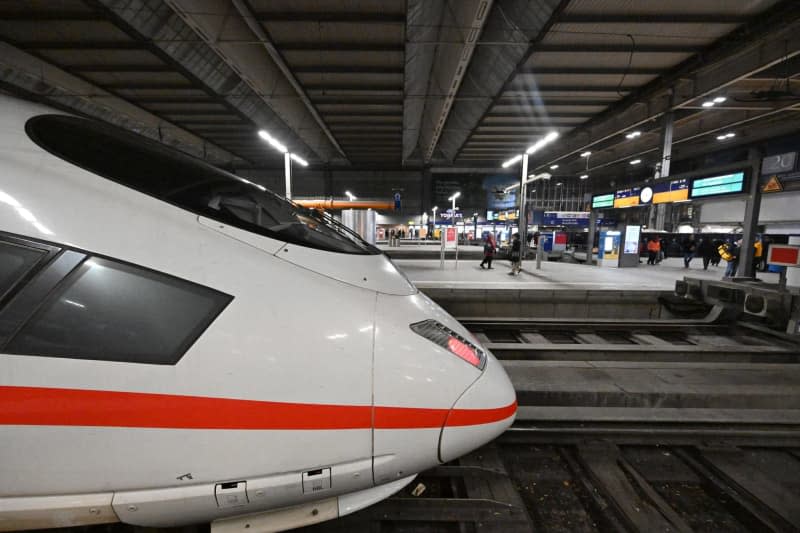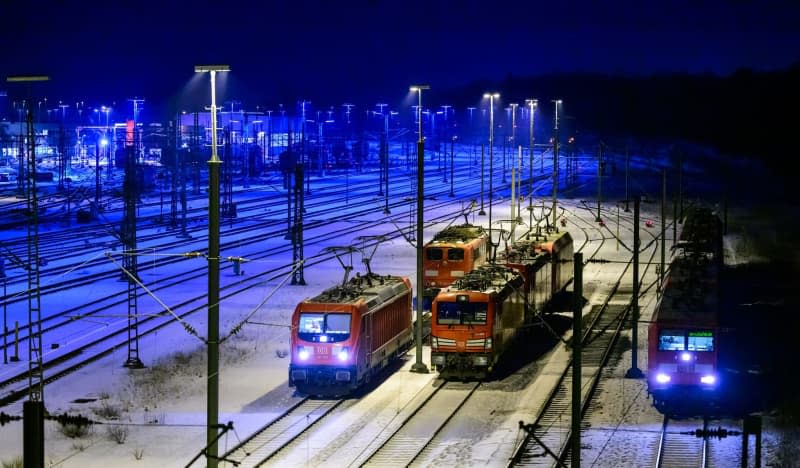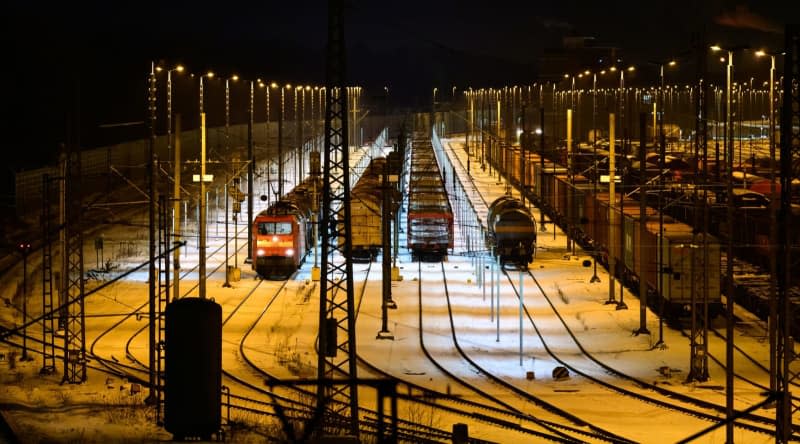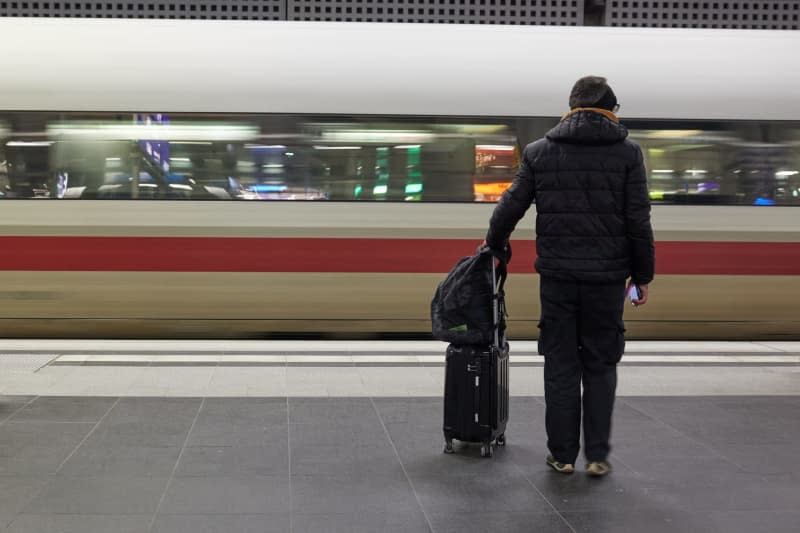Last legal hurdle removed, German train drivers to strike

The final court obstacle to preventing a German rail strike was removed by a court in Frankfurt on Tuesday, paving the way for nationwide strikes in passenger and cargo traffic.
The state of Hesse's labour court in Frankfurt denied an application by German rail operator Deutsche Bahn for a temporary injunction against the strike, meaning the German train drivers' union, GDL, is set to walk off the job.
For passengers this means the work stoppage will begin on Wednesday at 2 am (0100 GMT) and is expected to last until Friday at 6 pm (1700 GMT). But the effects are likely to be felt before and after those times.
Deutsche Bahn anticipates that the train drivers' strike will affect millions of customers. The company has already drawn up an emergency timetable, which has been available online since Monday. Passengers can find out about their journey there now or by calling a special toll-free number.
In the two previous GDL strikes last year, around 80% of all long-distance trains were cancelled. In regional transport, the effects were also far-reaching, but were distributed very differently from region to region. Experience has shown that many employees in the eastern German states and the south-west in particular are organized by the GDL.
Since the beginning of November the GDL has been negotiating with Deutsche Bahn and other railway companies for higher rates. At the heart of the current wage dispute, however, is the union's demand for a reduction in weekly working hours for shift workers from 38 to 35 hours. The railway considers this demand to be impossible.
It is only prepared to talk to the union about extending existing working time models.




